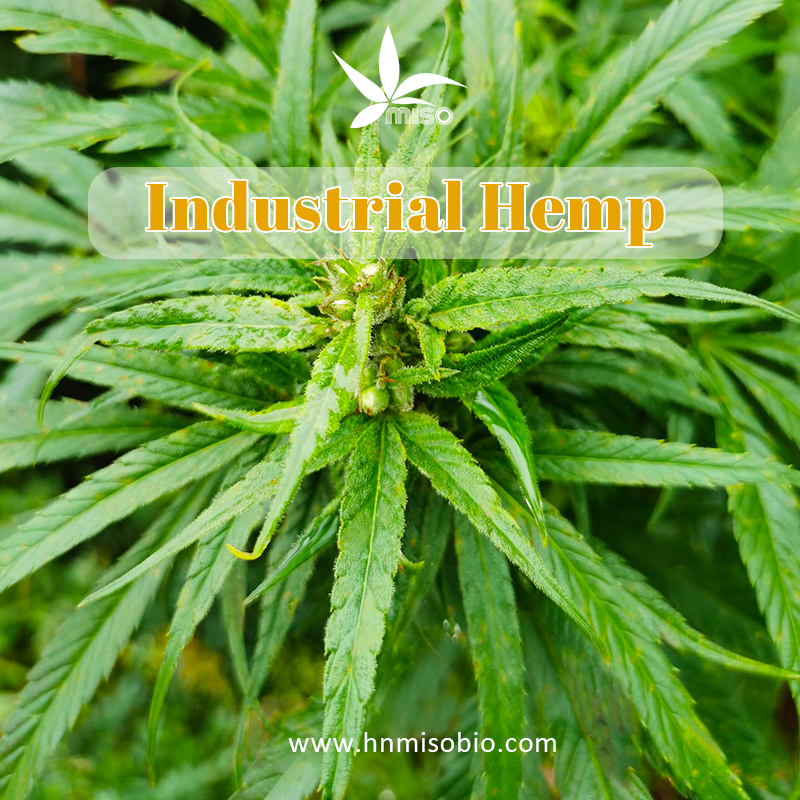Cannabidiol (CBD) has become a highly scrutinized compound in China, and its regulatory landscape has become increasingly stringent and clear with updates to relevant laws. Below is an analysis of the regulatory situation for CBD in China, as well as an overview of the regulation of industrial hemp.

Analysis of the New CBD Regulation Policy Effective from September 1 in China
1.Classification and Definition:
CBD Classification: Cannabidiol (CBD) is explicitly listed as a Category II controlled chemical. It has the specific CAS number 13956-29-1 and the customs code 2907299020.

2.Production and Operation:
Regulations: The production, operation, purchase, transportation, and import/export of CBD must comply with the "Regulations on the Administration of Controlled Chemicals," following the regulations for non-pharmaceutical controlled chemicals.
Previous Policy: Previously, China required industrial hemp production and processing companies to obtain various licenses for each stage of production, such as breeding and cultivation. Under the new policy, not only manufacturing enterprises need various licenses, but sales companies also need to apply for specific business licenses. Previously, these trading companies did not require a separate sales license for exporting CBD products.
3.Medical Research:
Compliance: Clinical pre-research involving CBD for medical purposes must comply with Article 10 of the "Regulations on the Administration of Narcotic Drugs and Psychotropic Substances" to ensure the legality and safety of the research.
4.Implementation Date:
Effective Date: The above regulations will come into effect on September 1, 2024.
Overview of Industrial Hemp Regulation in China

1.International Convention Compliance:
Adherence to International Conventions: As a signatory to the 1961 Single Convention on Narcotic Drugs, China imposes strict limitations on the cultivation and use of industrial hemp, allowing it only for fiber and seed purposes. Other uses for cultivation are excluded in China.
2.Licensing Approval:
Approval Process: The National Narcotics Control Commission requires strict review of industrial hemp licenses, correcting actions that violate the spirit of the conventions, halting licensing approvals, and re-evaluating past licenses.
3.Medical and Food Additives:
Usage Restrictions: China has not approved the use of industrial hemp for medical purposes or as food additives. This restriction must be strictly adhered to.
4.Regulatory Challenges:
Key Challenges: Challenges include strengthening regulation, updating policies and regulations, enhancing the domestic industry, and changing public perception of industrial hemp.
5.Research and Breeding:
Research Institutions: Institutions such as the Chinese Academy of Agricultural Sciences' Hemp Research Institute are engaged in breeding and research on industrial hemp to increase CBD content and reduce THC content, while also exploring all-female varieties.
6.Industry Development:

Current Status: The industrial hemp industry in China is still in its early stages, focusing mainly on breeding, cultivation, and CBD extraction. The industry is primarily oriented towards export markets, and the application of CBD within China remains illegal.
Through this analysis and overview, it is evident that China's regulation of CBD and industrial hemp is strict and clear, aiming to ensure legal, safe, and reasonable use while preventing abuse and illegal circulation.